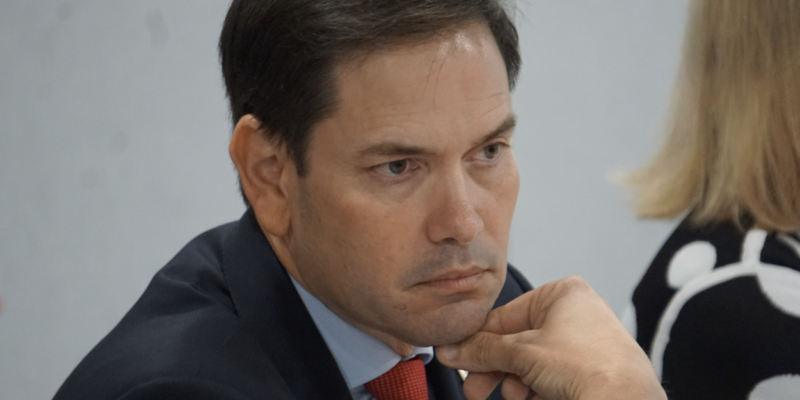During the initial coronavirus outbreak in 2020, many Americans were shocked to find out that a vast majority of United States’ medicine came from China. In fact, it has become a national security risk. Since 2019, Sen. Marco Rubio (R-FL) has led the effort to address this issue, such as combatting supply chain inadequacies and attempting to pass the Medical Manufacturing, Economic Development, and Sustainability (MMEDS) Act.
Because of the decisions of past administrations to allow the medicine market to be dependent on foreign production, many fear that should nations such as China slow down or stop their medicinal production entirely, that America could be in trouble.
Well, that happened in 2020. And the nation is still feeling the supply chain bottleneck.
“It should be clear that off-shoring critical manufacturing no longer works for the American people. It is time to bring medical and pharmaceutical production back home so we no longer have to rely on foreign nations to keep our people safe and healthy,” stated Sen. Rubio.
According to Rubio, 80% of the key ingredients in medicine, such as amoxicillin, come from foreign countries, and the majority of that number comes from adversaries like China.
“And the question is, should we rely as a nation on something as important as medicine, should we rely so heavily on a single foreign country, particularly one who’s a near-pear adversary?” mentioned Rubio as well.
Just less than a year ago, Rubio reached across the aisle to Sen. Elizabeth Warren (D-MA) and sent a letter to Gregory Kausner, working within the Department of Defense (DoD) to address the nation’s reliance on medicines and pharmaceuticals from foreign nations.
“The Department must consider pharmaceuticals in its work to shore up vulnerable supply chains important to national security just as it does for semiconductors, microelectronics, and rare earth minerals. We urge you to focus on this important and consequential aspect of supply chain risk management,” the senators wrote.
According to the Rubio press release, he will be working alongside Rep. Jenniffer González Colón (R-PR) in order pass the MMEDS Act, which was first brought forth in 2020.






